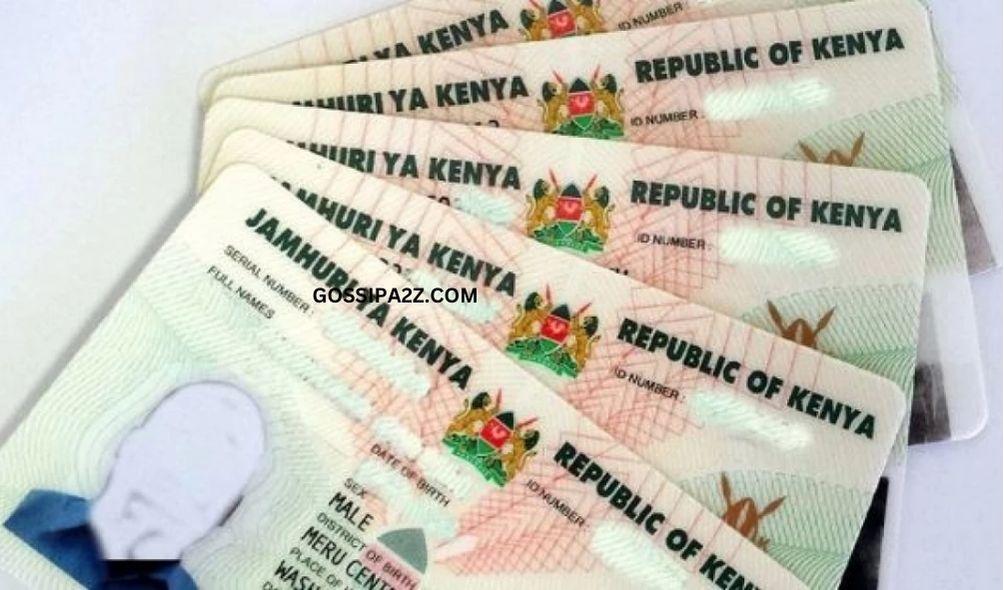Judicial Green Light: Maisha Namba Ready for Rollout
On Friday, the High Court removed a restraining order preventing the government from introducing digital identifiers, commonly referred to as Maisha Namba.
As the court upheld the orders, it moved the case from the Judicial Review Court, where the petition had initially been submitted, to the Constitutional Division of the High Court.
Following arguments by the Interior Ministry’s legal representatives, it was highlighted that there was a potential for conflicting judgments from the two court divisions, given that they were presiding over distinct cases related to the legality of the program.
The government attorneys also criticized the petitioners, Katiba Institute, arguing that the non-governmental organization failed to reveal the presence of the second petition.
Last year, Maisha Namba’s suspension caused a nationwide accumulation of pending ID applications.
In his decision, Justice John Chigiti concurred with the petitioners, the Katiba Institute, asserting that a thorough evaluation of data protection implications was not conducted prior to the implementation.
ALSO READ:
- Kenya Owes Chebukati a Hero’s Farewell for ‘Saving’ Democracy – MP Declares
- HELLFIRE HORROR: Worshippers in Bomet Torch Granny Alive in ‘Satanic Purge’ Ritual(Video)
- Haitian Police Caught in Explosive Feud with Kenyan Peacekeepers? Officials Scramble to Deny Rift
- Raila Odinga’s 2027 Options After Shocking AUC Defeat
- Congo Frees Opposition Leader and Former President’s Ally Jean-Marc Kabund
“Upon perusing the Application alongside the annexures therein, I find that the Application is not frivolous nor vexatious. It raises an arguable case that should be heard and determined on merit within the Fair Administrative Action Act framework,” the judgement read in part.
“Leave is hereby granted in terms of prayer 2 of the said Application. The leave shall operate as a stay in terms of prayer 3,” the court added.
The NGO also asserted that the Interior Ministry failed to engage in sufficient public involvement prior to implementing the rollout.
Katiba Institute additionally alleged that the ministry had breached Section 31 of the Data Protection Act, mandating the conduct of data protection impact assessments for projects posing significant risks to the rights and freedoms of data subjects.
“They remain intent on building the Maisha Namba on the shaky foundation of data illegally collected and processed during the Huduma Namba exercise,” the petitioners told the court.
“They have used hastily developed regulations, adopted in violation of the Statutory Instruments Act, to contravene their Constitutional and statutory obligations,” the activists lamented.
Judicial Green Light: Maisha Namba Ready for Rollout
